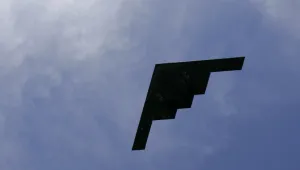International Security is America's leading peer-reviewed journal of security affairs.
Summary
There has been a rapidly spreading meme in U.S. pundit and academic circles since 2010 that describes China's recent diplomacy as “newly assertive.” This “new assertiveness” meme suffers from two problems. First, it underestimates the complexity of key episodes in Chinese diplomacy in 2010 and overestimates the amount of change. Second, the explanations for the new assertiveness claim suffer from unclear causal mechanisms and lack comparative rigor that would better contextualize China's diplomacy in 2010. An examination of seven cases in Chinese diplomacy at the heart of the new assertiveness meme finds that, in some instances, China's policy has not changed; in others, it is actually more moderate; and in still others, it is a predictable reaction to changed external conditions. In only one case—maritime disputes—does one see more assertive Chinese rhetoric and behavior. The speed and extent with which the newly assertive meme has emerged point to an understudied issue in international relations—namely, the role that online media and the blogosphere play in the creation of conventional wisdoms that might, in turn, constrain policy debates. The assertive China discourse may be a harbinger of this effect as a Sino-U.S. security dilemma emerges.
Johnston, Alastair Iain. “How New and Assertive Is China's New Assertiveness?.” Spring 2013



